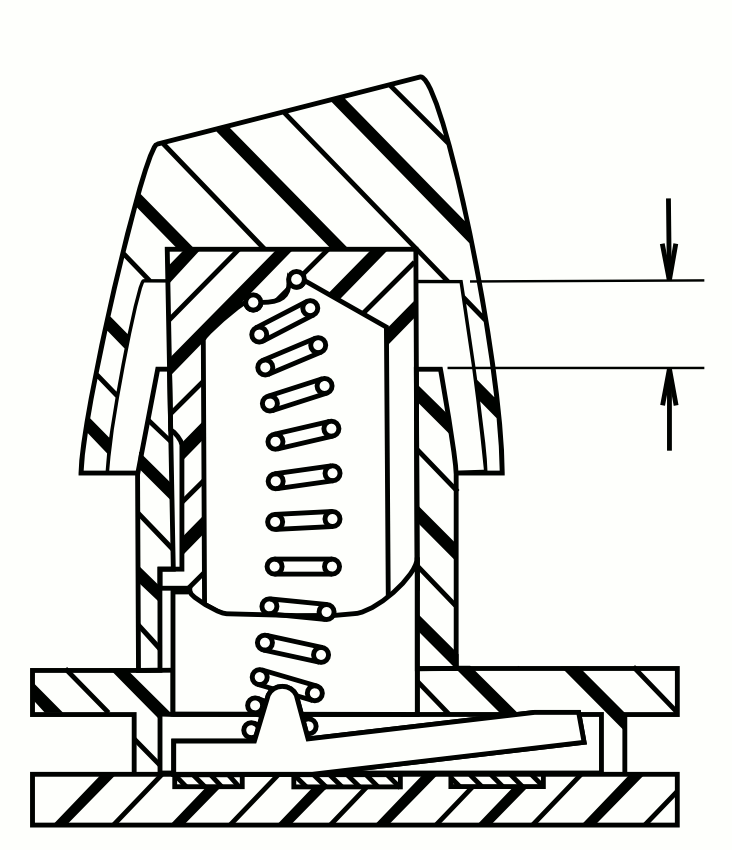IBM spoiled me for hardware quality. I've gone through many computers, including a TRS-80, Heathkit H-89, Commodore Vic-20 and C-64, and countless PC's but my first original IBM PC will always be my favorite because of the sheer quality of the box and the keyboard. There's nothing, to me, like the un-mistakable feedback from typing on an IBM keyboard, and the solid feel of it.
I believe that IBM's biggest mistake in the home market early-on was to distribute their IBM PC Jr. with a "chiclet" keyboard. To me, it would be like Mercedes Benz releasing a cheaper model with a car body made of all plastic. One of the major things that set IBM apart from the many clones that quickly appeared on the market was the low quality of the cases and the keyboards.
Only after years of virtually no choice did I give in to the cheaper keyboards that came with today's PC's, although I at least get ones with back-lit keys (I am visually handicapped).
Did IBM have a patent on their tactile feedback mechanism, or were clone makers just cheap?
During the late 80's and early 90's my boss bought me two genuine IBM keyboards, one for work and one for home, and I treasured them both. To this day, I get frustrated because unless I'm looking directly at the screen, I cannot be certain whether or not I pressed the keys hard enough or not every time.
